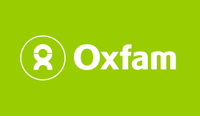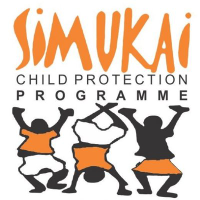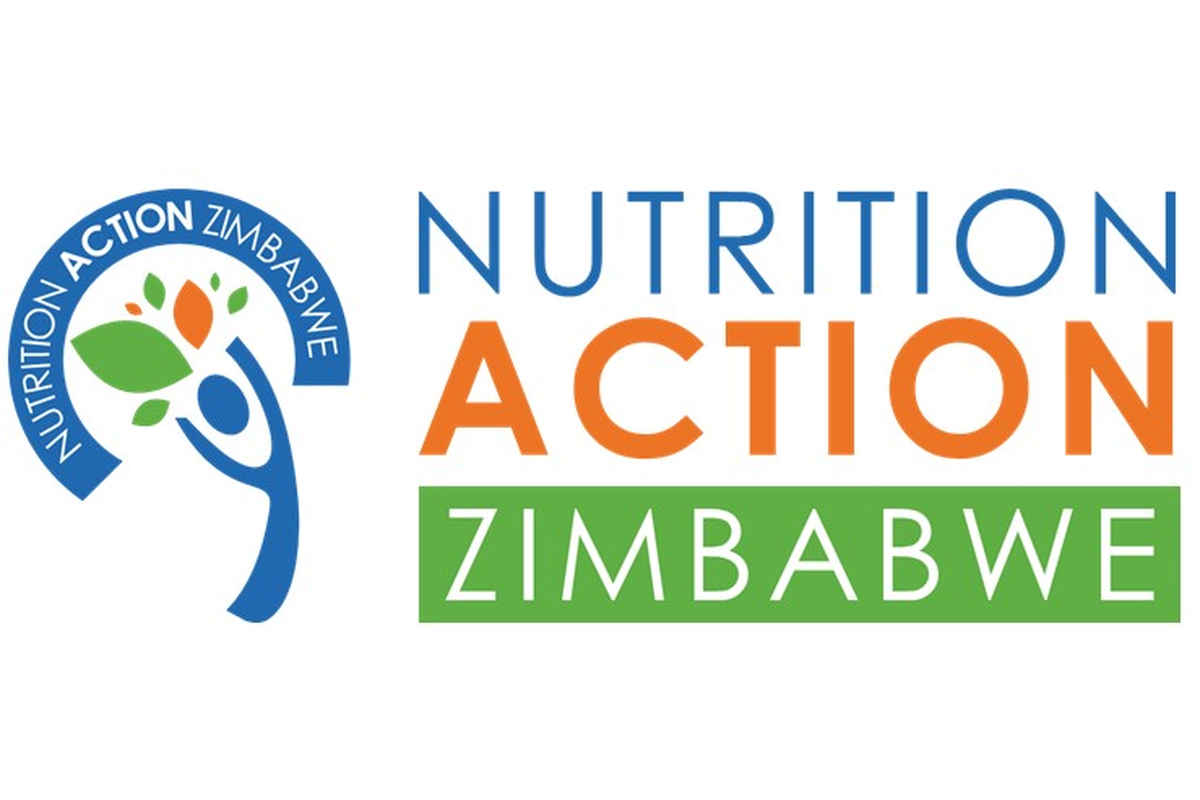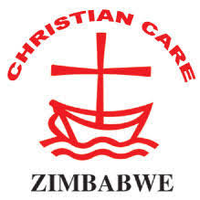Terms of Reference : Scientific Investigation of Impacts of Hwange Coal mining and choking operations on Water quality in Deka, Lukosi Rivers and other water bodies around.
Job Description
Scientific Investigation of Impacts of Hwange Coal mining and choking operations on Water quality in Deka, Lukosi Rivers and other water bodies around: Including Assessment of the Health, Biodiversity, Environmental and Livelihood impacts
Introduction and background
In Zimbabwe, mining is a significant contributor to the country’s GDP like most countries in southern Africa. For instance, coal mining and choking operations in Hwange are fundamental for the country to meet its energy needs. For years, coal has remained the primary source of grid-supplied electricity in Zimbabwe. Its usage is likely to increase to meet the growing energy demands of the country. Although the country generates hydro power, this power source has proved unreliable especially during drought years when flows into the Lake Kariba are subdued. In response to the power deficit, Zimbabwe has turned to expanding its thermal power generation by establishing new power stations in Hwange by constructing Unit 7 & 8.
However, coal mining and choking operation due to the nature of its operations, has been traditionally associated with problems of environmental degradation. The problems and economic losses associated with environmental degradation include damage to vegetation, health effects on livestock and humans, shortages of water in terms of quality and quantity. Thus, the long-term impacts on the health of livestock and humans ultimately depend upon the physical and chemical characteristics of pollutants and the exposure to such pollutants. Like many other developing countries, a number of rivers in Zimbabwe are heavily polluted from anthropogenic activities which include discharges from mining activities. Thus, the pursuit of economic benefits must not be at the detriment of the natural environment upon which our biodiversity thrives as well as the livelihoods of millions of people who may not derive any direct benefits from mining activities. Mining by its nature, is a major environmental disturbance as it alters the landscape in many ways as minerals are mined and processed. Communities in Hwange have complained of pollution of rivers from coal mining operations resulting in death of aquatic resources, and affecting community gardens imperative for community livelihoods. Furthermore, some have raised concerns regarding soil fertility being affected by seepage of chemicals used from coal operations and loss of vegetation. Cases of health complications have also been raised due to inhalation of coal dust or exposure to gases from choking operations. We therefore seek experienced researchers to undertake scientific investigations on the impacts of coal mining operations, choking or thermal power generation on river water, biodiversity, environmental and health impacts.
Duties and Responsibilities
2.0 Consultancy Objectives
The overall objective of the consultancy is to scientifically investigate and determine the water quality in rivers, soil and vegetation in Hwange where there is several coal mining or choking operations. Specifically, the objectives are to;
• To determine physico-chemical characteristic of water from major rivers in Hwange such as Deka, Lukosi among others.
• To determine levels of heavy metals in river water.
• To determine the extent of microbiological contamination of the river water.
• To assess the potential environmental and health risks posed by contaminated water.
• To determine the extent of the soil and leaves from trees around residential areas in Hwange.
3.0 Key Deliverables
Working closely with the organization, the following deliverables are expected from the Consultant within three weeks of engagement:
• Develop an inception report.
• Develop a Research Report which meets the requirements in 2.0 above.
Qualifications and Experience
4.0 Applicant requirements
Suitable applicants should have the following:
• Exceptional written and oral communication skills, with a strong demonstrated ability to convey complex ideas in a clear, direct, and lively style.
• Strong understanding of scientific research of this nature including handling soil, and water samples. .
• Extensive work experience and proven record in understanding similar assignments
How to Apply
0.5 How to Apply
Interested and qualified Consultants who meet the above requirements should send their Expressions of Interest clearly stating how they meet the requirements, their understanding of TORs methodology to be used and cost of the consultancy to: [email protected]
Deadline for submission of EOI is 11 December 2023
Similar Listings

TERMS OF REFERENCE FOR THE REVIEW OF THE GENDER AND FAITH NETWORK STRATEGIC PLAN
Local NGO — Harare

TOR : Review of knowledge products and learning questions and providing updates to the Knowledge and evidence database
Oxfam — Harare

CALL FOR EXPRESSION OF INTEREST FOR CONSULTANCY SERVICES FOR THE DESIGN AND IMPLEMENTATION OF A CAPACITY DEVELOPMENT PROGRAM FOR SIMUKAI CHILD PROTECTION PROGRAMME
Simukai Child Protection Program — Harare

Terms of Reference for a Nutrition Gap Analysis in Tsholotsho and Buhera districts | Sustainable Roots Program (SRP)
Nutrition Action Zimbabwe ~~ 0 — Harare

Expression of Interest for External Evaluation
Christian Care — Harare

Location: Harare
Company: Local NGO
Expiry Date: 2023-12-11 00:00:00
